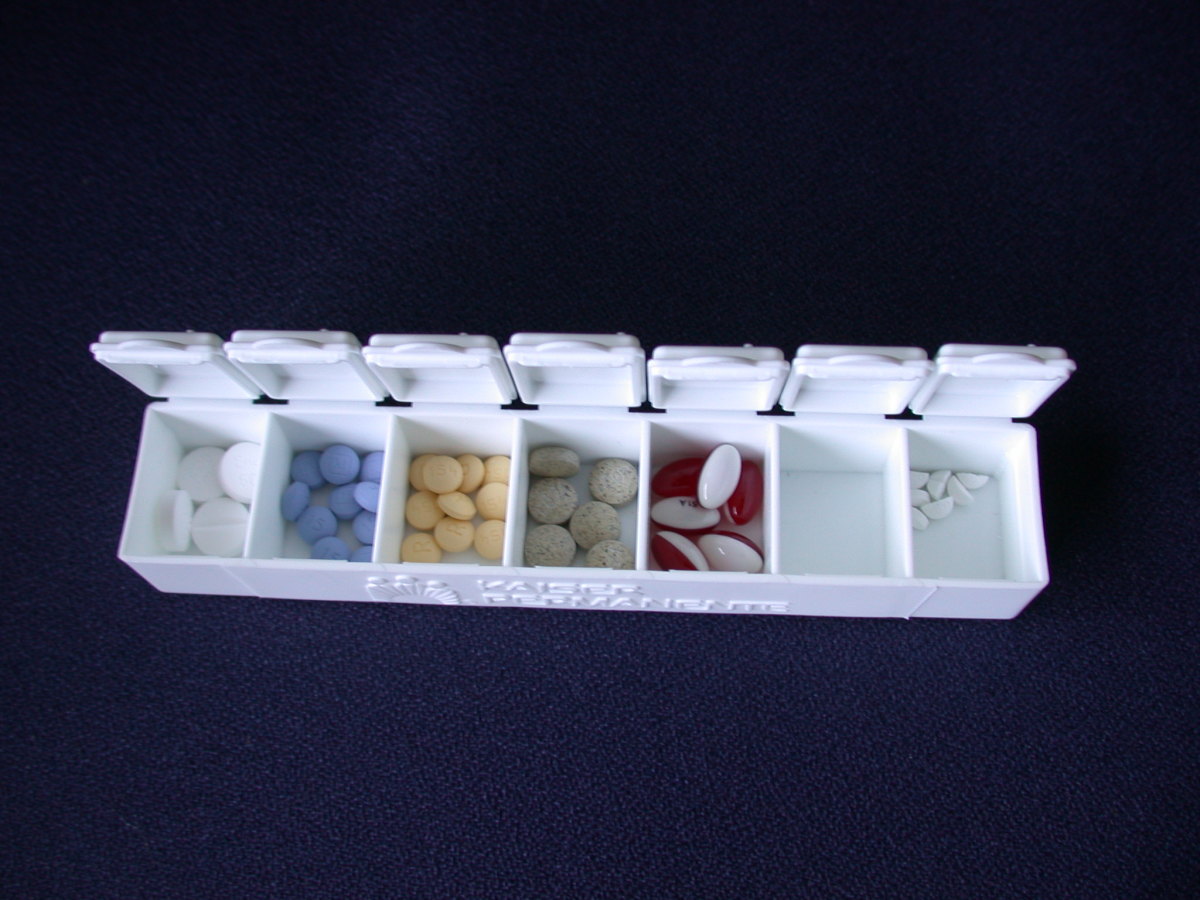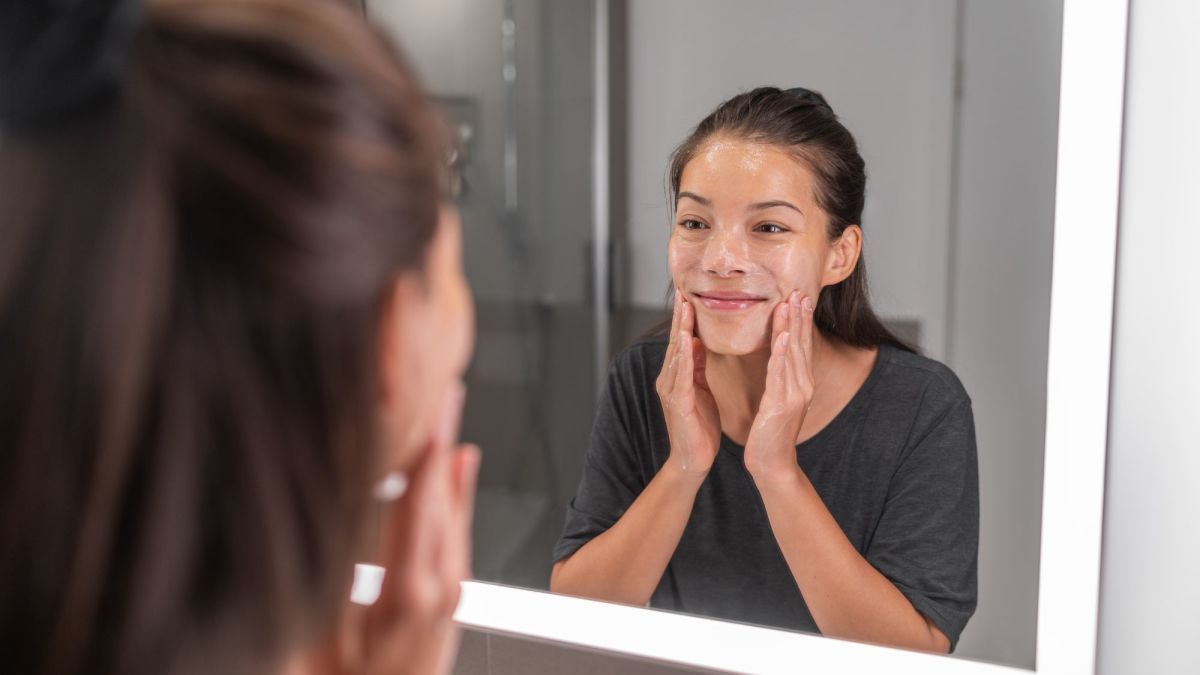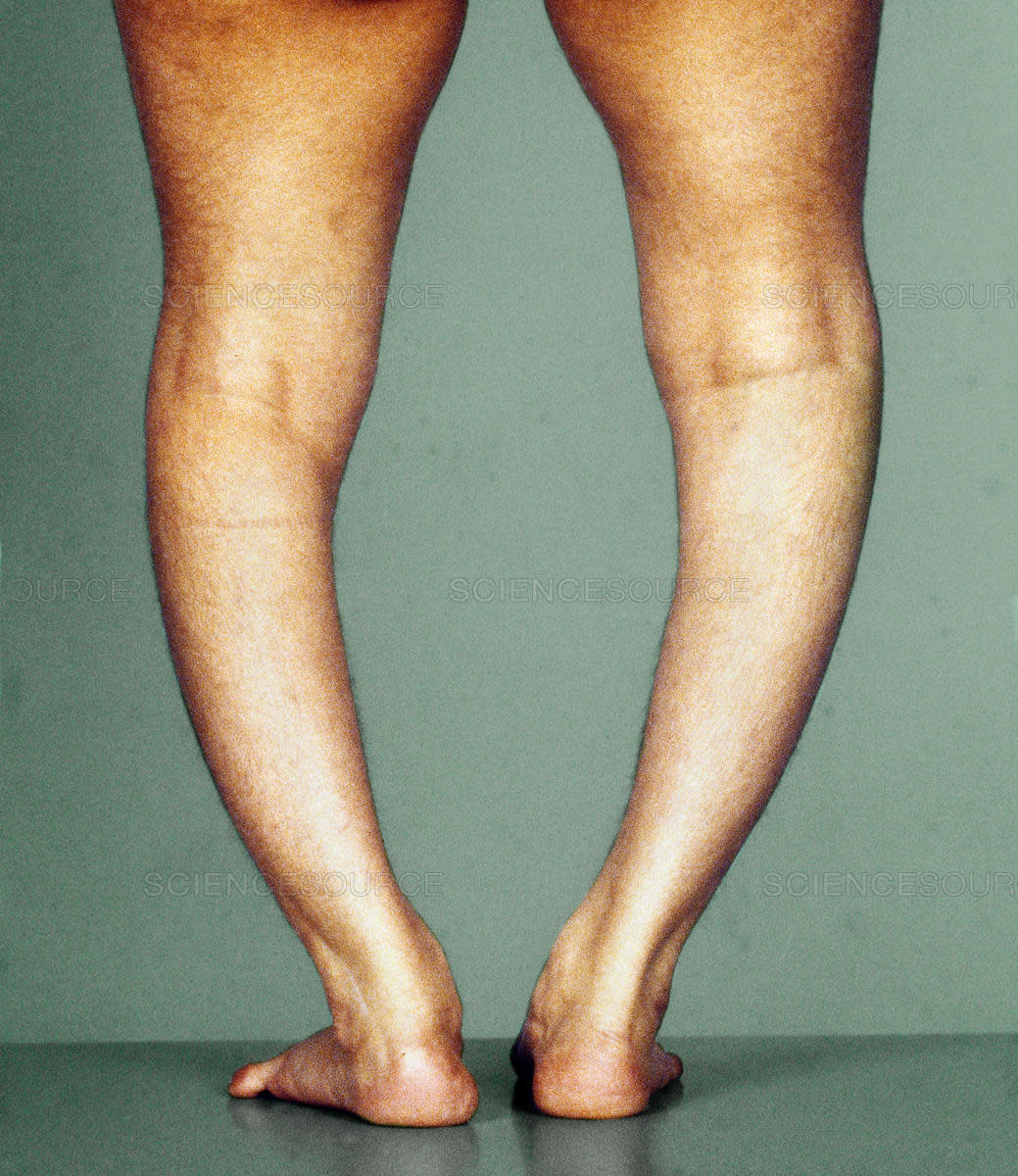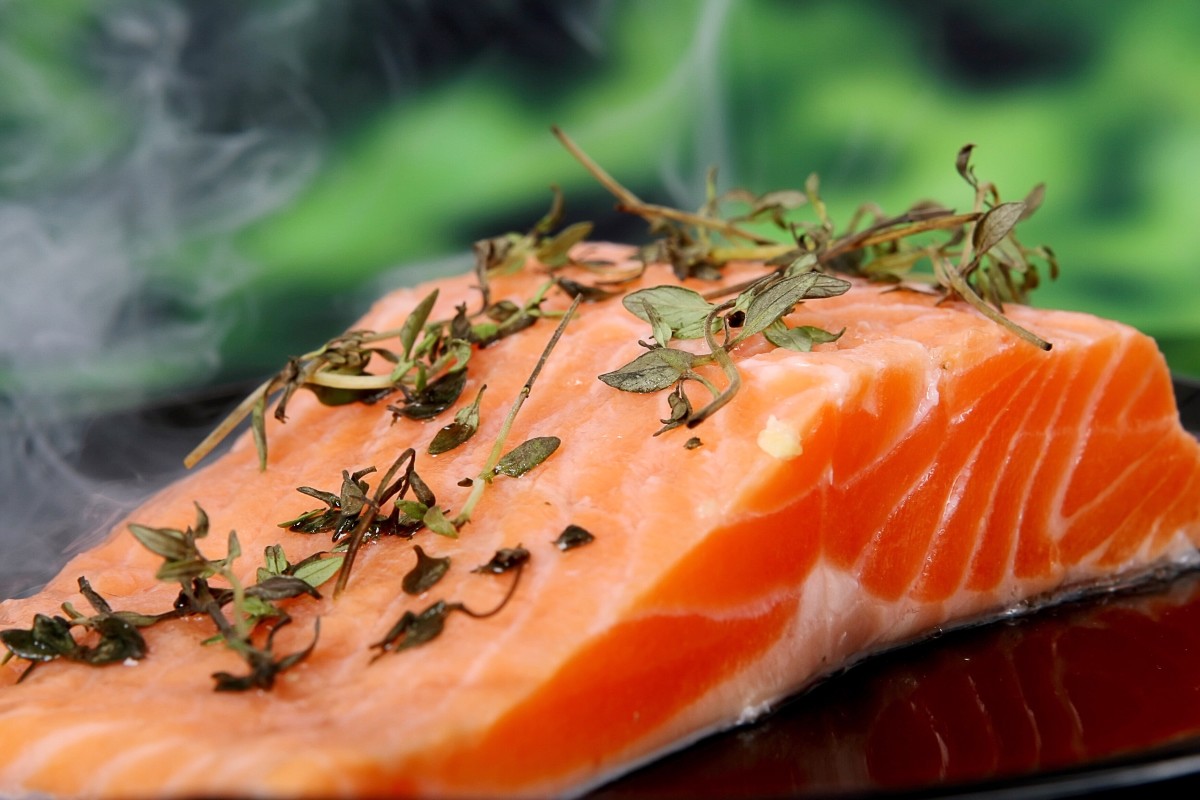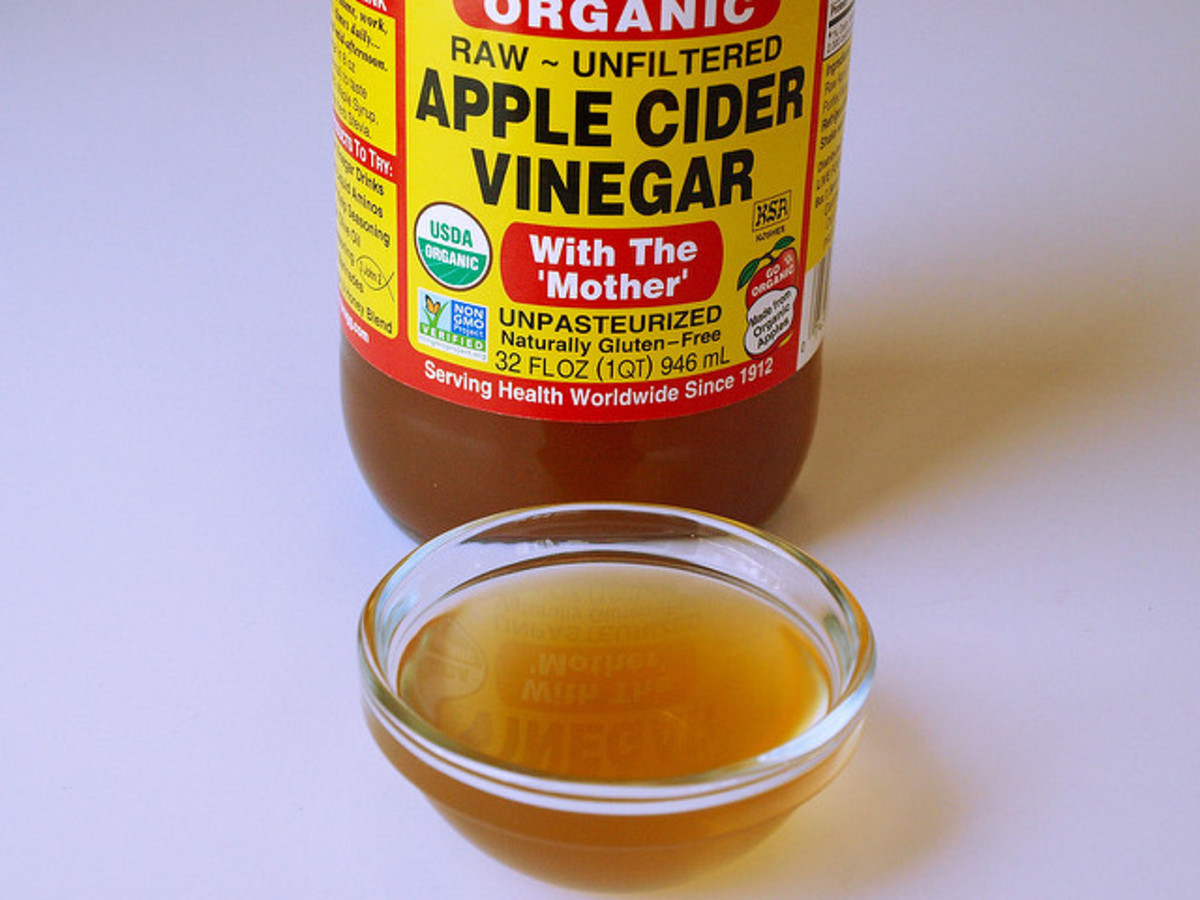The Vitamins For Acne
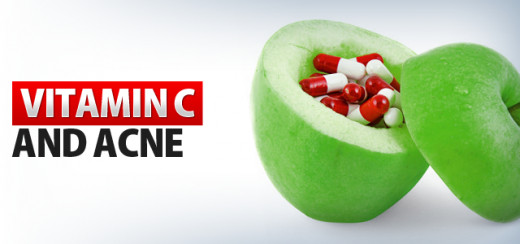
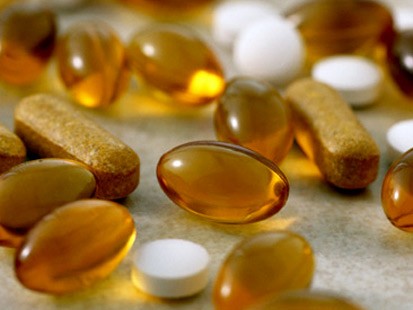
A Distressing Problem For Adolescents
As if life isn’t difficult enough for teenagers, nature has devised a way of making things much worse in the form of acne.
This very common skin problem has been plaguing teenagers since time began.
As well from being painful, itchy and unsightly, acne has psychological effects such as lowering self-esteem and self-confidence. Although teenagers are the most common group affected with acne, the condition isn’t limited by age and it can manifest itself in anyone of any age.
The severity of an acne attack can vary from a few whiteheads to large areas of red, blotchy nodules and cysts.
So What Exactly is Acne?
We all know that the skin, the largest organ of the body, is covered with tiny holes called pores. These pores produce sweat which the body uses to reduce body heat and cool the surface of the skin. The pores also contain hair follicles and the sebaceous glands, which secrete a substance called sebum which is an oily, waxy substance used for lubricating and waterproofing the skin and hair. Acne occurs when these sebaceous glands start being over productive and the resulting excess sebum clogs up the pore. Once the pore is clogged up with this excess sebum, bacteria starts to grow and the onset of an acne outbreak begins.
A milder form of acne is non-inflammatory and is characterized by the formation of small spots on the skin. Whether or not these spots become whiteheads or blackheads will be decided on if the blockage of sebum and bacteria rise to the surface of the skin or not.
Whiteheads appear when the blockage stays beneath the surface of the skin. These little white spots may even be too small to be seen.
When the blockage of bacteria and sebum does manage to break through the surface of the skin, blackheads are formed. Melanin, contained within the sebum, oxidises when it reaches the surface of the skin and turns black. Melanin is the pigment that colours the skin.
It is important for those who experience whiteheads and blackheads to treat them rather than pick or squeeze them. The problem with squeezing and picking spots is that it aggravates the condition and can lead to a worsening of the condition. Inflammatory acne is more painful and unsightly than the non-inflammatory type.
Inflammation occurs when white blood cells rush to the site of a collapse of the wall of the pore, forming painful papules. Gradually the white blood cells make their way to the skin’s surface and this is when pustules form. These are commonly known as zits or pimples and are a great cause of embarrassment to many teenagers.
Sometimes the bottom of the pore collapses and the white blood cells are trapped beneath the surface of the skin causing cysts.
Other Factors
External factors contribute to the outbreak of acne and they don’t necessarily include eating chocolate and greasy food as you might imagine.
Some of the things that might trigger an attack are:
· Feeling low, fatigued or run down can interfere with the body’s natural defences and so it is important to ensure that you have a good night’s sleep. Quality of sleep is just as important as quantity.
· Both emotional and physical stress can also have an effect on the body’s immune system and steering clear of the situations that could give you stress if you possibly can.
· Environmental pollutants may have some part in triggering acne outbreaks
· If a person is prone to having acne outbreaks they should take great care in their choice of cosmetics that they use on the affected areas.
Whatever it is that causes the acne outbreak, sufferers will want it dealt with quickly and the application of creams such as zovirax, which is clinically proven to reduce the symptoms of acne, will probably be one of the first lines of defence; but what part do vitamins play in the acne drama?
Vitamins and acne
Vitamins are essential in maintaining the body’s general health, but care should be taken, because it is all about the balance of vitamins rather than just the vitamins themselves. They each have their role to play in keeping the body healthy and active, so which vitamins are good for acne?
1. Vitamin C for acne - Let’s try to understand what vitamin C is and then see if it can be good for acne. Most people know where vitamin C comes from, but not everyone knows what it does once it is ingested.
Vitamin C contains the substance L-ascorbate, which is a weak acid that has antioxidant properties and it also helps with collagen synthesis. These two properties are what make vitamin C useful in the treatment of acne.
Antioxidants are good at protecting the skin from damage by free radicals, which upset the pH balance of the skin by breaking down the proteins and fatty acids. When the free radicals attack the sebaceous glands, that is when the real acne trouble starts and so the antioxidant properties of vitamin C that neutralizes the free radicals is very important.
Collagen synthesis is no less important, because collagen is extremely important in the formation of healthy skin. Vitamin C deficiency can affect the production of this vital protein as can be seen in the skin disease called scurvy. Vitamin C helps skin to stay healthy by helping the body to produce enough collagen to keep the skin healthy and stable.
2. Vitamin B12 and acne – This vitamin has quite limited potential for treating acne on its own, if any at all. However, it can play an important role in enabling the body to absorb other vitamins and minerals that are beneficial in treating acne. It is also believed to help strengthen the immune system and improve the body’s general health including the health of the skin. The way it improves the health of the skin is by playing a part in the production of proteins and fatty acids that make up the skin. The down side to vitamin B12 is the fact that it might actually CAUSE acne!
Studies have shown that, after high doses of B12, acne is often an observable side effect. There are many theories for why this happens, not least the fact that the bacteria that causes acne is often used in the production of vitamin B12. It is also widely believed that vitamin B12 can increase production of sebum which, as was noted earlier, is a prime cause of acne outbreaks
Despite the last few negative points about vitamin B12 as a possible treatment for acne, it is important to note that the recorded cases of acne as a result of taking vitamin B12 occurred only after giving relatively high doses. It may be worth supplementing your diet with a B12 supplement, but you can get also get your daily intake of the vitamin from ordinary foods such as
· Dairy products,
· EGGS
· Milk
· Poultry
· Fish
· Shellfish
There is a fine balance with vitamin B12, especially when it comes to usage by acne sufferers. The rule of thumb would be to take vitamin B12 in smaller doses and if it clears up your acne carrying on use it, but if it causes any problems stop taking it immediately.
Learn more about vitamin b12 here: http://www.progressivehealth.com/acne-b12.htm
What’s The Verdict?
Acne is a fact of life for many people and can be very distressing, causing problems with self-esteem. Although it is incurable, it is relatively easy to treat and remedies include medication, dietary supplements and generally looking after our skin.
Outbreaks occur because the sebaceous glands in our pores produce too much of the oily substance sebum and this clogs our pores and attracts bacteria. When these blockages of bacteria and sebum rise to the surface of our skin, a whitehead is formed and if the blockage breaks through the surface of the skin it becomes a blackhead. Blackheads generally last longer than whiteheads. These spots can be treated with topical creams, but may develop into pimples or zits if the walls of the pore rupture or collapse. This collapse of the pore wall is typically caused by the sufferer trying t squeeze or pick the spot and so it is wise not to touch spots and just let the cream heal them.
Vitamins can be effective as part of a treatment for acne and Vitamin C is a good antioxidant which can neutralize free radicals that attack the integrity of the skin and promotes collagen synthesis to help repair and build the skin.
Whilst Vitamin B12 has no direct impact on acne on its own, it can be beneficial by strengthening the immune system, but some sources believe that in high doses, vitamin B12 can actually cause acne outbreaks.
As with most treatments it is wise to seek medical advice where appropriate and to use trial and error in determining which treatment best suits each individual’s condition.
- The Remedies For Acne
Learn about Remedies for Acne. - Best Home Treatments for Acne
Learn about Best Home Treatments for Acne. - Acne Masks
Learn more about Acne Masks. - Products That Help With Acne
Learn about Products that Help With Acne.

